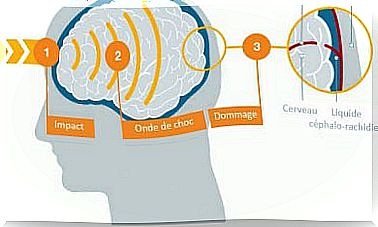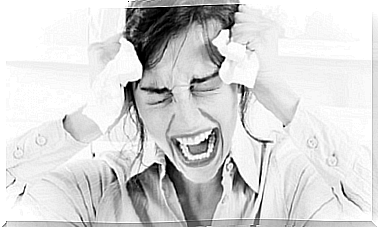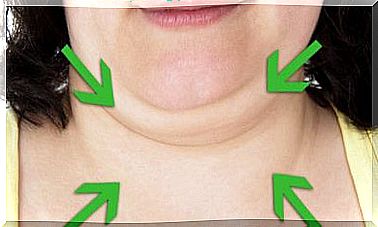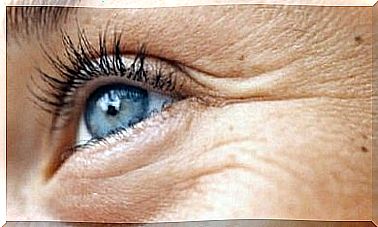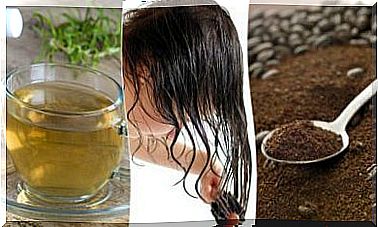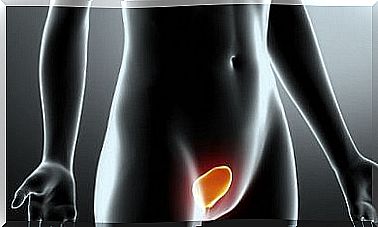How To Reduce Menopause Symptoms Naturally
As a woman, you should keep in mind, that almost any change in your cycle change can affect you both physically and emotionally, and menopause is no less different.
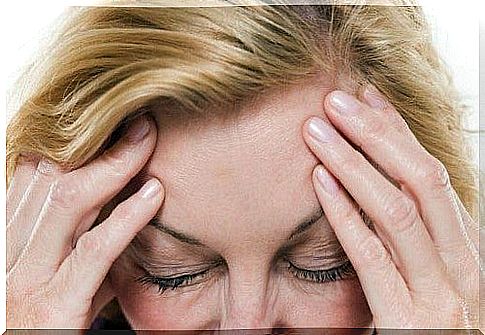
If you are a woman between the ages of 45 and 55 and are currently going through menopause, you might be surprised to know that menopause actually lasts just one day, at least technically.
This is the day when menstruation stops completely, after having been absent for 12 months. This is when you can consider yourself to have passed menopause.
Hot flashes, mood swings, weight gain, trouble sleeping, and other symptoms occur during this time. They are part of what we call perimenopause, which precedes menopause.
As a woman, you should keep in mind that almost any change can affect you both physically and emotionally. Menopause is no less different.
Some women have no symptoms. But others have to face a series of manifestations more or less difficult to overcome.
Fortunately, only 2% of women experience symptoms of perimenopause that are severe enough to become disabling. However, this is not a reason to think that these evils are irremediable.
What are your possibilities?
It is important to remember that menopause is a natural stage in life, not an illness. Thus, it does not require treatment.
Of course, if you are suffering from hot flashes, insomnia, or uncontrolled mood swings, then you can look for a solution for these symptoms.
You may also experience symptoms of “menopause” for months or even years afterward. The latter has the following symptoms:
• Fatigue
• Depression
• Irritability and anxiety
• Difficulty sleeping
• Hot flashes
• Pain in joints and muscles
• Loss of libido
If you need relief from these symptoms, hormone replacement therapy (HRT) may seem like a good idea. The majority of the symptoms of menopause can be explained by fluctuating hormone, estrogen and progesterone levels.
When menopause arrives, the ovaries completely stop producing these two hormones, which is why TRH can be a good alternative since it will provide you with synthetic hormones. However, this treatment can have side effects.
Alternatively, and fortunately, there are also natural, side-effect options for menopause symptoms. Here are a few :
1. Sport to fight against menopause

If you don’t exercise regularly, then now is the time to start!
Studies have, in fact, proven that sport can relieve stress, anxiety and postmenopausal depression. Likewise, it limits weight gain during this period.
This is very important because this research shows that overweight women are more likely to suffer from hot flashes.
It is recommended to do at least 2h30 of moderate aerobic sport per week, and 1h15 of sustained aerobic activity or a compilation of both, together with stretching and strength exercises two days a week.
Yoga in particular is known to improve symptoms of menopause such as hot flashes or changes in sleep quality.
2. A healthy diet
A diet rich in vegetables, protein and good fats is essential for women approaching menopause.
Additionally, foods high in phytoestrogen such as ligan in flax, or isoflavones in whole grains and beans may ease symptoms.
This is because these foods act as a somewhat more milder form of progesterone. In addition, we will need to limit or avoid foods and drinks containing sugar, caffeine and alcohol as they can exacerbate symptoms and even trigger hot flashes.
3. Acupuncture and menopause
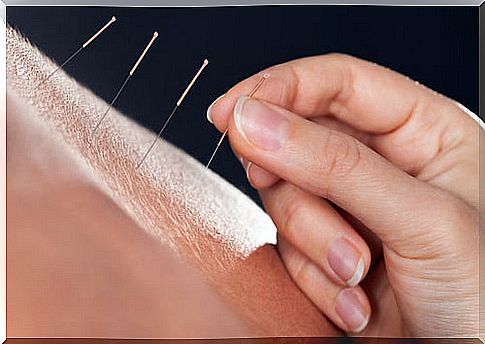
In one study, women who used this type of traditional Chinese treatment suffered much less severe hot flashes than the group of women who took a placebo drug.
Other recent studies have also shown that acupuncture also works like the drug Effexor, an antidepressant, which is sometimes used to treat hot flashes and other symptoms of menopause.
In addition, acupuncture does not cause side effects, unlike Effexor which tends to cause, among other things, nausea, fatigue and anxiety.
However, acupuncture has positive side effects such as increased energy, libido and general well-being for up to 15 weeks.
4. Stress relief
Emotional stress can cause us to have hormonal imbalance at any point in life, while making symptoms such as insomnia, anxiety and depression worse.
This is why it is important to follow techniques that can reduce stress.
For example yoga, acupuncture, breathing exercises, visualization, meditation, or even just relaxing with a good book can help reduce stress.
5. Medicinal herbs to fight against menopause
There are a number of herbs that can help you relieve symptoms of menopause such as:
The Black Cohosh
A preliminary study suggests that black cohosh may play a role similar to estrogen, although later studies contradict this version.
However, you can still try taking it as a natural alternative to HRT to improve mood swings and hot flashes.
Clinical studies conducted in Europe have shown that the black cohosh can, however, provide some relief from night sweats, insomnia, nervousness, or even irritability.
Ginkgo Biloba
Clinical studies have shown that ginko biloba strengthens the mind.
Dong quai
More commonly known as Female Ginseng, Dong Quai is of great help against symptoms of menopause.
Sage leaf extract
It can help you reduce night sweats from hot flashes.
